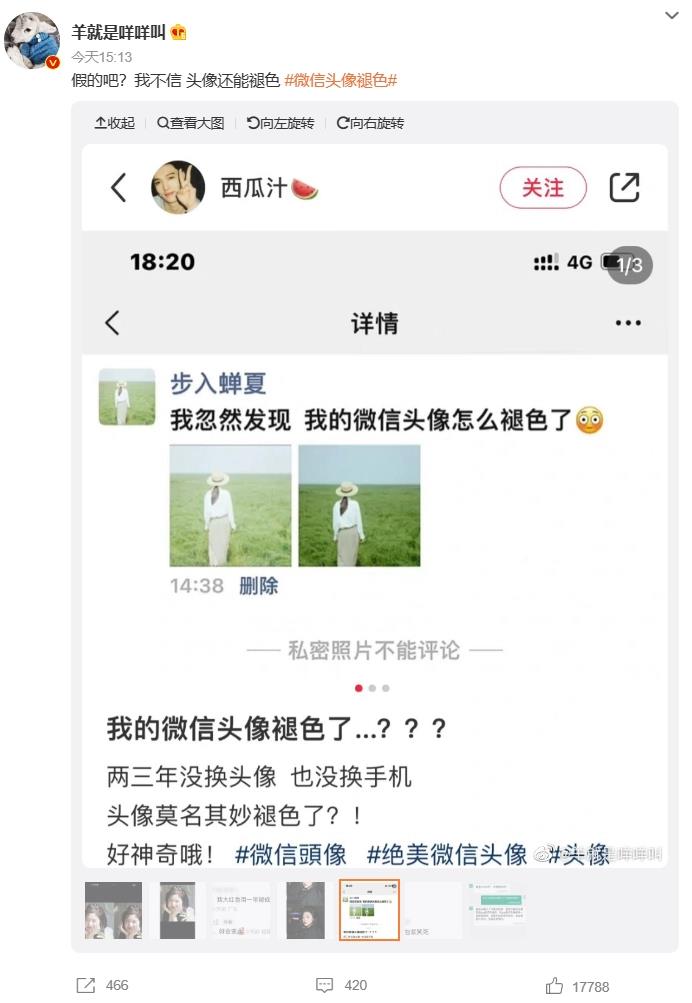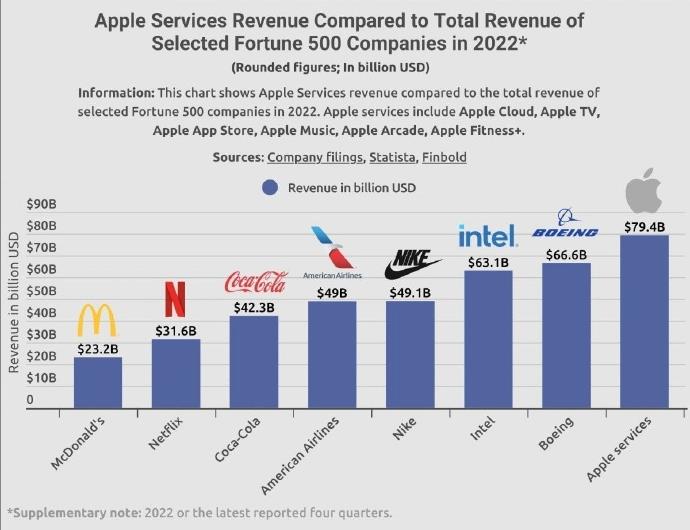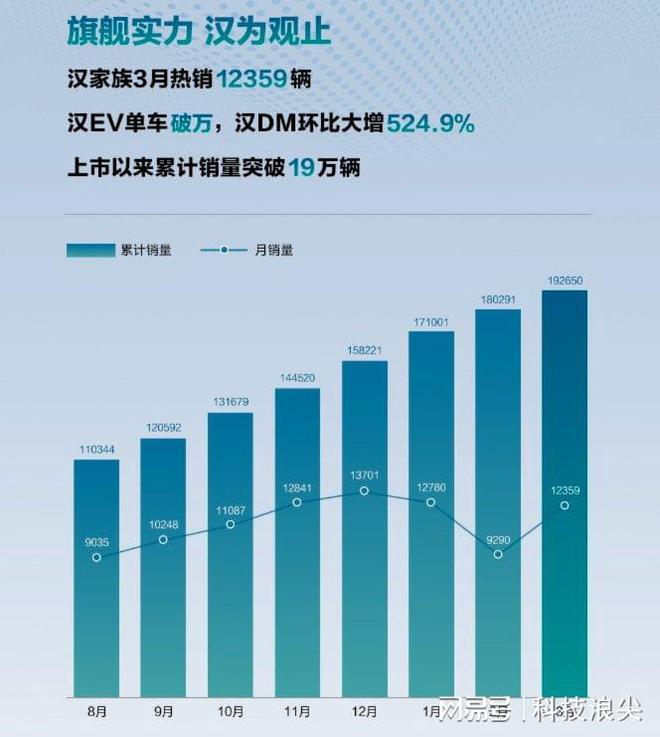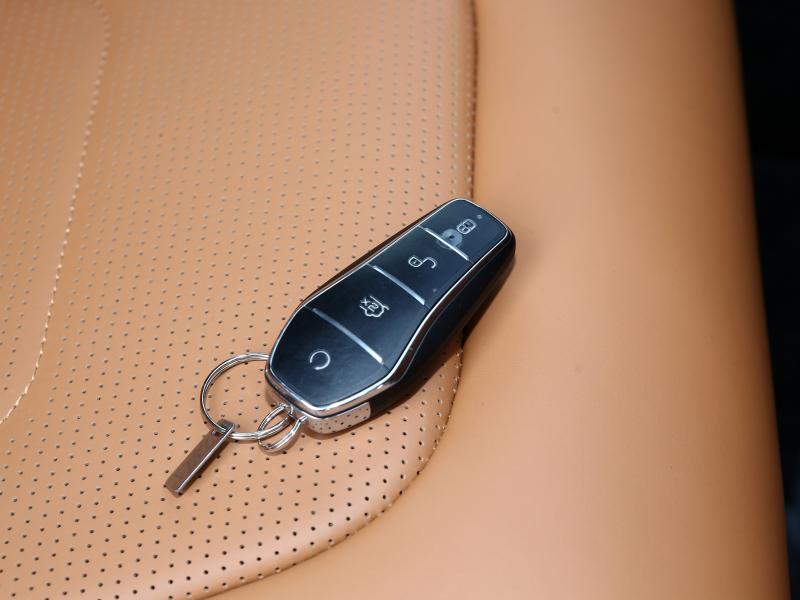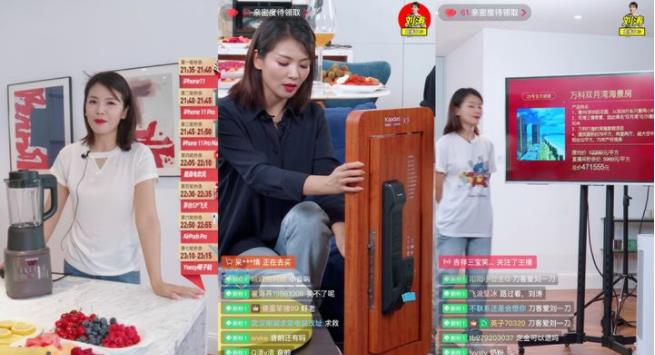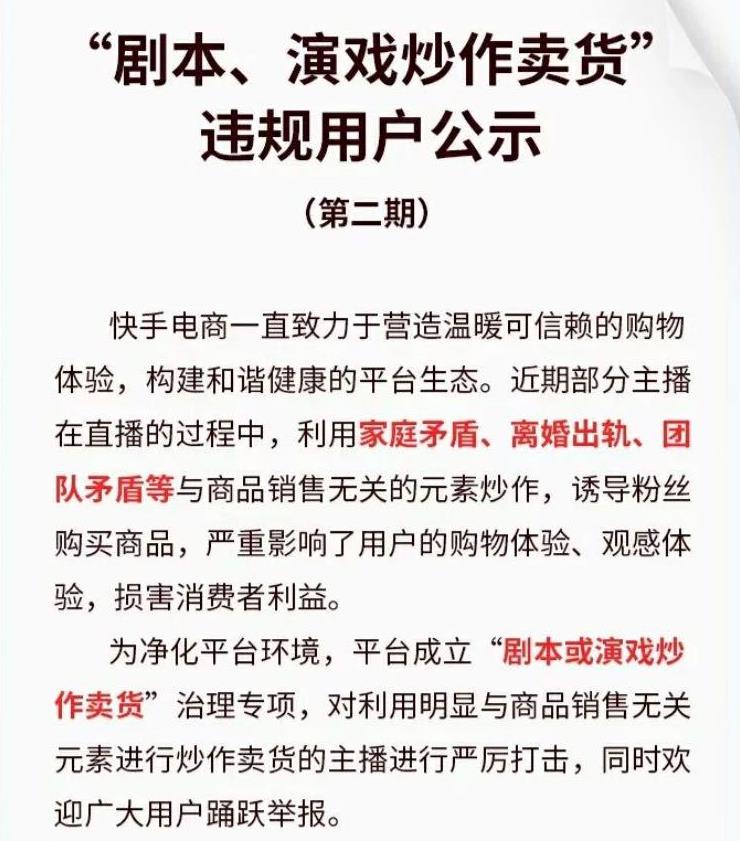Recently, many netizens reported on social platforms that some people were selling tutorials related to malicious "takeaway compensation". A reporter from Beijing Youth Daily found that criminals charged 50 to 300 yuan to openly teach others how to make up a complaint to the merchant and ask for compensation on the grounds that they ate foreign objects in the takeaway. The takeaway platform said that it has established a malicious claims governance team, and the platform has linked with the police to complete the handling of many cases. Legal sources said that malicious claims are suspected of extortion, and the sale of related tutorials may be suspected of teaching criminal methods and will be investigated for legal responsibility.
"Takeaway Payment" Tutorial Can I eat "Free Lunch"?
Beijing Youth Daily reporters searched online platforms such as Tieba and found that there were many tutorials dedicated to selling "takeaway refunds" and a large number. In Baidu Tieba, Beiqing Daily reporters saw that there was a special "Meituan Refund Bar", with a cumulative number of posts having exceeded 6,000, of which the top-ranked posts were related to the sale of "Raiders": "Meituan Takeaway Refund" "A pack of cigarettes teaches how to return for free, and Ele.me pays for direct teaching"… In some posts, some netizens asked "how to contact", the owner asked for private messages, and some even left their QQ numbers.
In the QQ group, there are also many special "compensation groups". In a QQ group called "Food Payment Group", the group owner will ban all members, but keep sending personal WeChat QR codes, accompanied by screenshots of the compensation balance he has received, saying that he can "Meituan will lose 100 yuan in half an hour, and if you want, you can directly add WeChat".
After the reporter from Beiqing Daily joined the community, he expressed his desire to buy a tutorial and start communicating in detail with the group owner. The seller said that the course will teach how to ask for compensation from the takeaway merchant. After placing an order on Meituan, Ele.me and other platforms, after receiving the takeaway, he provided relevant photos as evidence on the grounds of eating "bugs", "hair" and other foreign objects, and applied to complain to the merchant and ask for certain compensation. The specific compensation amount varies. The fee charged for the course is mostly around 50 to 200 yuan. According to different prices, different amounts of compensation can be applied for, including with and without compensation.
However, on Tieba, there are also netizens who say they have been deceived: "There is a liar in the bar, he asked me to use his number to place an order and go to Xianyu. After I received the goods, he asked me Xianyu to confirm receipt, he said he would return it tomorrow, and then I chose to believe him. The funds were frozen, and I also helped him lift it, and today I found out that he ran away." Some netizens said I have also encountered it.
Merchants choose compensation for those who settle down
Beiqing Daily reporter saw that these compensation is a loophole in the food safety protection policy of the takeaway platform. Meituan’s "Eat with confidence" service agreement shows that there are foreign objects in the food, food deterioration and physical discomfort after using the food. The specific compensation liability and compensation standard are subject to the insurance policy and insurance terms provided by the underwriting insurance company to the merchant who orders takeaway products from the user. The insurance claim amount will be determined with reference to the amount of the food in question and the actual situation.
Ele.me also said that there is "food safety insurance". If you find that the food has deteriorated, there are foreign objects or you can apply for a claim. The claims that can be applied for include the following three categories: 1. There are foreign objects: the food is mixed with inedible foreign objects; 2. Food deterioration and expiration: raw, charred, deteriorated, exceeded the shelf life, etc.; 3. Medical treatment: food poisoning, suffering from other foodborne diseases. Just submit the proof picture as required in the app.
Businesses have complained bitterly about malicious bad reviews. Located in Jiayuan Sanli Underground Food City in Fengtai District, one merchant said it had also received several complaints about foreign objects in takeaways. "Customers" opened their mouths and demanded a claim of 1,000 yuan under the Food Safety Law. "We can’t make 1,000 yuan a day, but if we don’t compensate them, they keep calling and harassing." Another victim, Mr. Wang, said, "One day I lost 1,800 yuan, so angry that I really want to close the store."
The manager of a nationally renowned Sichuan restaurant chain, Ms Zhang, said that her store, located in Lize Tianjie, Fengtai District, Beijing, was the victim of a malicious professional claim. According to the store manager, Ms Zhang, she once received a photo of a "customer" with a bleeding mouth, saying that a stone had been eaten in the takeaway and his mouth was torn. She claimed 1,000 yuan and asked for compensation for medical expenses. But when Ms Zhang asked the "customer" to come to the store to negotiate a solution and provide a medical certificate, she was decisively rejected. Finally, after reporting to the headquarters, she compensated 800 yuan before it was settled. Later, Ms. Zhang accidentally found in the internal work group that her brand’s stores in Chaoyang District and Shijingshan District also had the same claims, and the photos of "customer" feedback were exactly the same as what she had received before.
Most merchants are afraid of trouble, and in the attitude of doing more than less, they usually choose to calm down. "If you don’t ask too much, you can pay some money." A takeaway merchant said.
Beiqing Daily reporter learned from the Meituan platform that the platform also has the ability to identify some abnormal transaction behaviors. Once malicious claims are found, the platform will not only restrict their rights and interests, but also sort out relevant clues and evidence, and submit them to the market supervision department and the police, and cooperate with relevant departments to crack down. Meituan Takeaway has established a malicious claims governance team. In the past year, it has cooperated with multiple market supervision departments and the police to crack 30 cases, arrested more than 40 people, and helped merchants recover losses of 24 million yuan through platform governance and filing cases.
Criminals have been detained for similar acts
Black industry community sold takeaway order food fraud tutorial, not only increased the cost of compensation for businesses and platforms, but also disrupted the normal business environment. Beiqing Daily reporter saw that at present, there are cases of criminals being criminally detained by the public security organs for similar acts. The two men ordered drinks from the takeaway platform, and then caught flying insects and put them in the drink, in order to demand huge compensation from the merchant. After tasting the sweetness, they did the same again and again. In just half a year, the illegal profit was 24,000 yuan. Finally, after the merchant called the police, the two men were sentenced for involvement in extortion.
Boss Wang, the person in charge of a restaurant, said that he was very aggrieved when he received a similar refund application: "I checked it well before taking it out, it can’t be the problem here!" But because the diner Li was firm and threatened Boss Wang with a bad review, and the amount asked was not large, Boss Wang thought about spending money to ensure safety and hastily refunded the money. But after a while, Boss Wang found that the user with the same address actually initiated a refund to him again for the same reason, and then reported the matter to the platform. After receiving the report from Boss Wang, the platform quickly investigated the user and reported the case to the police. The police investigation found that from March 2021, Li used his mother and his five mobile phone numbers to order takeout, and then put a hair in the meal, and then initiated a refund to the merchant on this grounds. According to police statistics, Li maliciously extorted more than 200 times, involving a total amount of nearly 10,000 yuan. Due to the suspected crime of extortion, compulsory measures have been taken.
Zhao Zhan, a lawyer at Beijing Jiawei Law Firm, told the Beijing Youth Daily that making up food problems for extortion may involve criminal offenses, such as extortion, while those who teach others to defraud and post bad comments may be involved in teaching criminal methods.
Lawyer Wang Qiongfei, founding partner of Zhejiang Kenting Law Firm, told Beiqing Daily that if the content of underground industry tutorials is disseminated on online platforms, and the content of teaching involves illegal crimes, the disseminator may be suspected of teaching criminal methods; according to Article 295 of the Criminal Law of the People’s Republic of China (amended in 2020), "Anyone who teaches criminal methods shall be sentenced to fixed-term imprisonment of not more than five years, criminal detention or public surveillance; if the circumstances are particularly serious, he shall be sentenced to fixed-term imprisonment of not less than ten years or life imprisonment."
At the same time, according to the provisions of Article 8 and Article 10 of the Provisions on the Ecological Governance of Network Information Content, short video platforms, communities, Tieba, etc. as online information content service platforms, shall improve the information release review, real-time inspection, black industry chain information disposal and other systems, find illegal content, take immediate disposal measures, keep records and report to the relevant departments.
Text/Our reporter, Wen Jing, intern, Mei Jinghan
Coordinator/Chi Haibo















